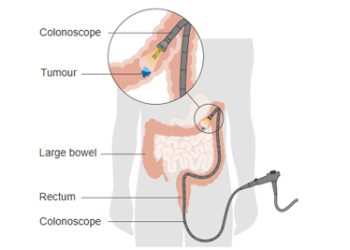Causes of Empyema
The causes of empyema usually involve an infection that spreads into the pleural space, the thin gap between the lungs and the chest wall. Empyema develops when pus-forming bacteria invade this space, creating a thick, infected fluid that prevents the lungs from expanding properly.
Common Causes of Empyema
Pneumonia – The most frequent cause. Bacteria like Streptococcus pneumoniae, Staphylococcus aureus, and Klebsiella pneumoniae are often involved.
Tuberculosis (TB) – In countries like South Africa, TB is a leading cause of empyema, particularly in patients with HIV or poor access to healthcare.
Lung abscess – A pocket of pus in the lung may burst and leak infection into the pleural cavity.
Chest trauma – Penetrating chest injuries or broken ribs can introduce bacteria into the pleural space.
Surgery complications – Operations involving the lungs or heart may allow bacteria to enter and cause infection.
Oesophageal rupture – Rare, but serious; it allows food and bacteria to leak into the chest cavity, causing empyema.
Risk Factors
Some people are more likely to develop empyema. Risk factors include:
A weakened immune system (due to HIV, cancer, or long-term steroid use)
Diabetes
Poor nutrition
Alcohol misuse
Smoking or chronic lung disease (like COPD)
Delayed or incomplete treatment of pneumonia
Causes of Empyema
In children, empyema often follows a bacterial chest infection. In South Africa, overcrowding, poor nutrition, and limited access to early antibiotics contribute to higher rates in young patients.
Empyema usually develops in stages:
Exudative stage – Clear fluid builds up in the pleural space.
Fibrinopurulent stage – The fluid becomes cloudy and infected, forming pus.
Organising stage – Scar tissue forms, trapping the lung and making breathing harder.
Understanding the causes of empyema allows for early recognition and better prevention of serious complications. Treating chest infections promptly and monitoring high-risk patients are key strategies in avoiding this condition.


